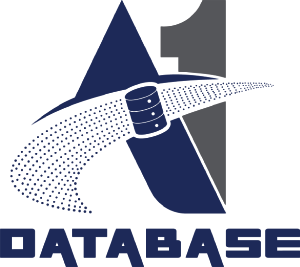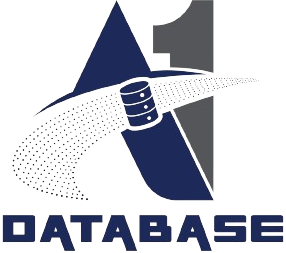- December 4, 2024
- by Admin
- Web Scraping
The extraction of product data from major retailers, including Target, has become an indispensable resource for businesses, researchers, and analysts aiming to uncover insights related to market trends, pricing tactics, and consumer preferences. Target, recognized as one of the largest retail chains in the United States, features a broad range of products across various categories such as clothing, electronics, groceries, and home goods. By accessing and analysing product data from Target, online retailers, eCommerce platforms, and market analysts can gain a competitive advantage. The use of data scraping tools allows businesses to gather essential product details, pricing information, and availability data from Target’s website, equipping them with the necessary insights for effective strategic decision-making.
This article offers a comprehensive analysis of the techniques, benefits, and multiple uses of web scraping eCommerce product data sourced from Target. It further discusses the obstacles encountered and recommends best practices for effectively scraping product data from Target.
The Importance of Product Data Scraping from Target
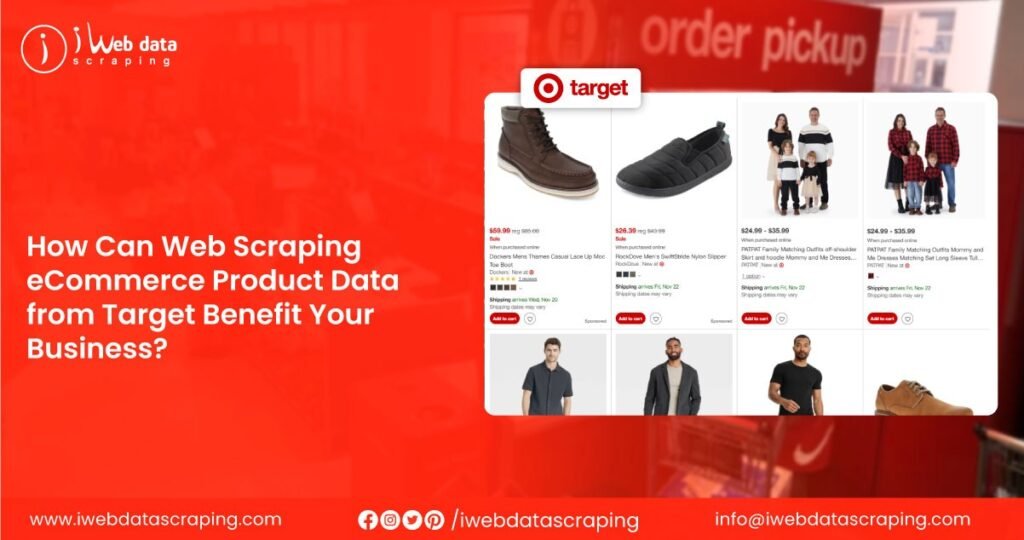
In the current digital marketplace, grasping competitor pricing, overseeing product availability, and tracking consumer interest trends are vital for preserving a competitive advantage. Target’s diverse product range and transparent pricing policies position it as a valuable data source for organizations seeking to keep abreast of market changes. For example, analysing product prices and availability at Target can enable retailers to discern when particular products experience heightened demand and when Target alters its pricing for competitive purposes. Through the use of Target product data scraping services, businesses can consistently and effectively gather structured data from Target’s website.
Acquire product listings from Target for eCommerce to help online retailers ensure their pricing is competitive. By tracking the prices of popular products at Target, an online retailer can fine-tune their pricing to attract customers more effectively. Furthermore, insights gained from data acquisition regarding product trends and consumer preferences can support inventory management and marketing efforts, allowing eCommerce businesses to identify which products may require additional visibility or promotional attention.
Applications of Target Product Data Extraction
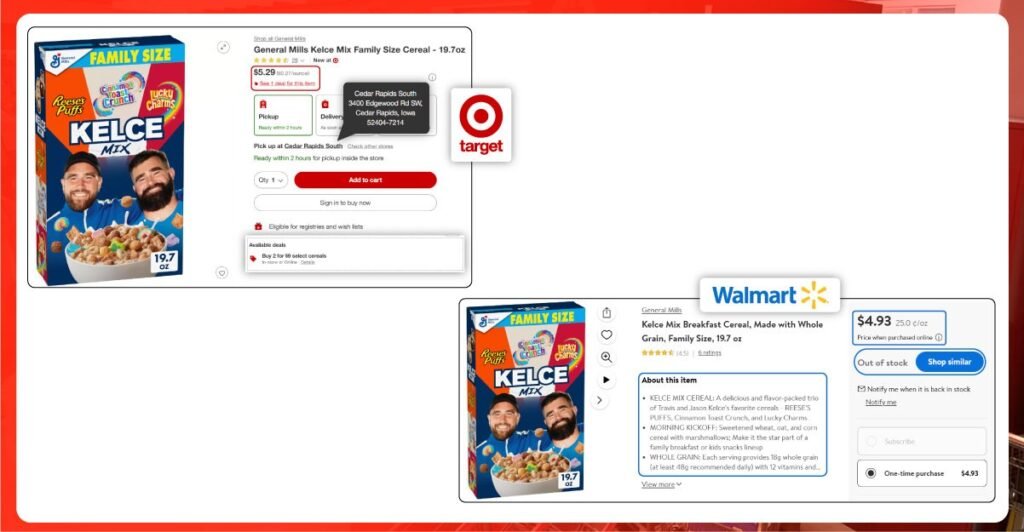
Target product data extraction offers a variety of applications across sectors:
- Retail Price Analysis and Strategic Planning: It is crucial for both online and physical retail establishments to maintain competitive pricing. By utilizing tools to extract pricing data from Target, businesses can track prices across different categories, recognize discount trends, and modify their pricing strategies as needed. This approach is especially beneficial during peak sales periods when competitive pricing significantly influences customer traffic.
- Stock Management and Demand Prediction: Accessing Target product data allows businesses to monitor product availability and forecast demand for particular items. For instance, if a specific product frequently becomes unavailable at Target, it may signal high demand, encouraging competitors to bolster their inventory of similar products. Real-time data scraping from Target enables businesses to swiftly adapt to fluctuations in market demand, thereby enhancing their supply chain efficiency.
- Analysis of Product Trends: The landscape of product trends is continually changing, and being proactive can provide a competitive edge. Retailers can discern emerging trends and anticipate customer preferences by collecting data on frequently purchased or discounted items at Target. This eCommerce data scraping service is invaluable for brands and manufacturers aiming to align their offerings with prevailing market trends.
- Aggregation of Product Attributes: Data scraping for products allows businesses to compile extensive information regarding a product, including its description, specifications, and customer feedback. Target product data scrapers are specifically designed to extract detailed product attributes that can inform product development decisions, assist eCommerce stores in updating their inventories, and enhance the customer experience on online platforms.
Important Benefits of Acquiring Target Product Data for eCommerce
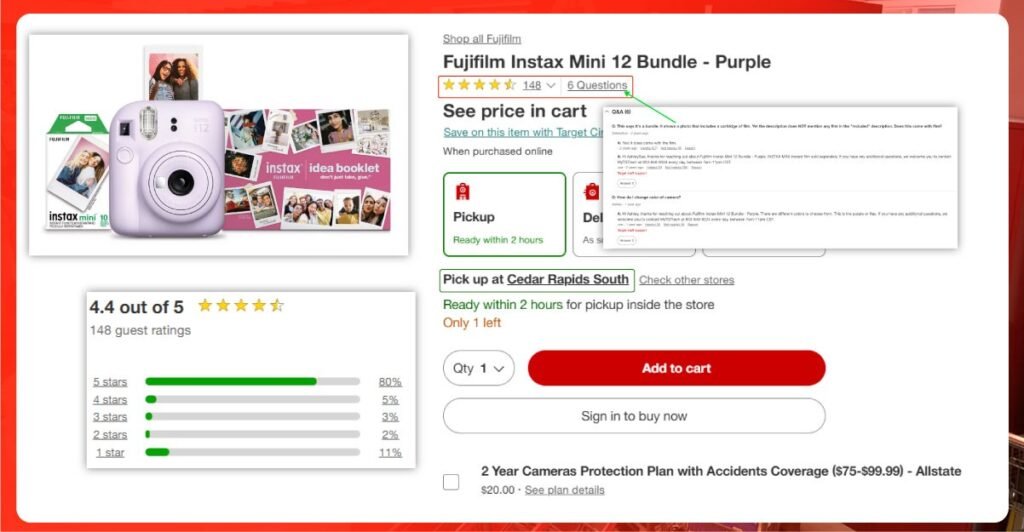
Data scraping has many advantages to extracting information from Target’s website, especially for businesses in the competitive eCommerce sector.
- Automated Price Monitoring: Tracking product prices on Target manually can be a labour-intensive task. By utilizing a Target product data scraping API, businesses can streamline the price monitoring process, ensuring they have current pricing information for a wide array of products. This automation allows retailers to maintain competitiveness without expending significant resources on manual price assessments.
- Enhanced Marketing Campaigns: The insights derived from Target product data can significantly improve marketing strategies. Retailers can create focused marketing campaigns based on trending products available on Target. By employing an eCommerce data scraper to observe popular product categories, retailers can customize their promotions to align with consumer preferences.
- Improved Customer Experience: Gaining insights into Target’s pricing and product availability enables businesses to enhance the customer experience. Retailers offering similar products can ensure competitive pricing, thereby minimizing the risk of losing sales due to price discrepancies. Furthermore, awareness of product trends allows businesses to provide timely recommendations, fostering greater customer engagement.
- Data-Driven Inventory Management: Access to precise data regarding product popularity and availability empowers eCommerce companies to make informed decisions regarding inventory and stocking levels. By analysing product datasets from Target, businesses can refine their product offerings to better align with market demand, potentially lowering holding costs and improving overall operational efficiency.
Challenges and Considerations in Scraping Target Product Data
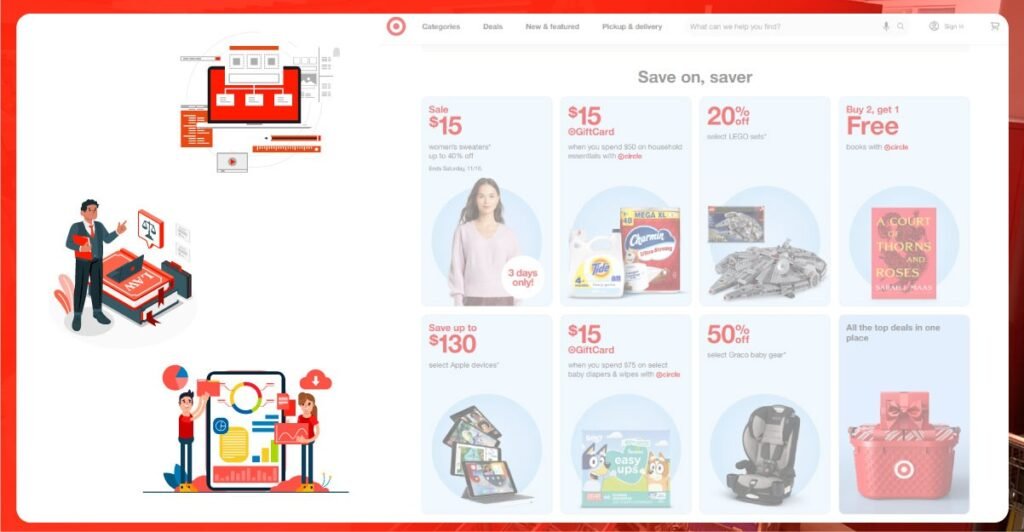
While scraping Target’s product data offers numerous benefits, it also presents particular challenges. Here are some considerations for businesses looking to leverage Target product data scraping:
- Modifications to Website Structure: Similar to numerous eCommerce platforms, Target regularly alters its website structure, which can interfere with data scraping activities. Organizations must ensure that their data scraping solutions are flexible enough to accommodate changes in Target’s website design to prevent any interruptions.
- Compliance with Legal and Ethical Standards: Target’s terms of service may impose restrictions on data scraping, particularly in cases of extensive data extraction or infringement of copyright agreements. It is crucial to adhere to these regulations to avoid potential legal complications. Additionally, maintaining data privacy and ethical practices is vital when managing any data sourced externally.
- Assurance of Data Quality: The data obtained through scraping may occasionally lack completeness or consistency due to factors such as temporary outages or insufficient product descriptions. Organizations should implement thorough validation and cleansing procedures to guarantee that the collected data is both accurate and dependable. Utilizing a Target product data scraping API equipped with integrated data quality checks can assist in addressing this concern.
Effective Techniques for Collecting Target Product Data
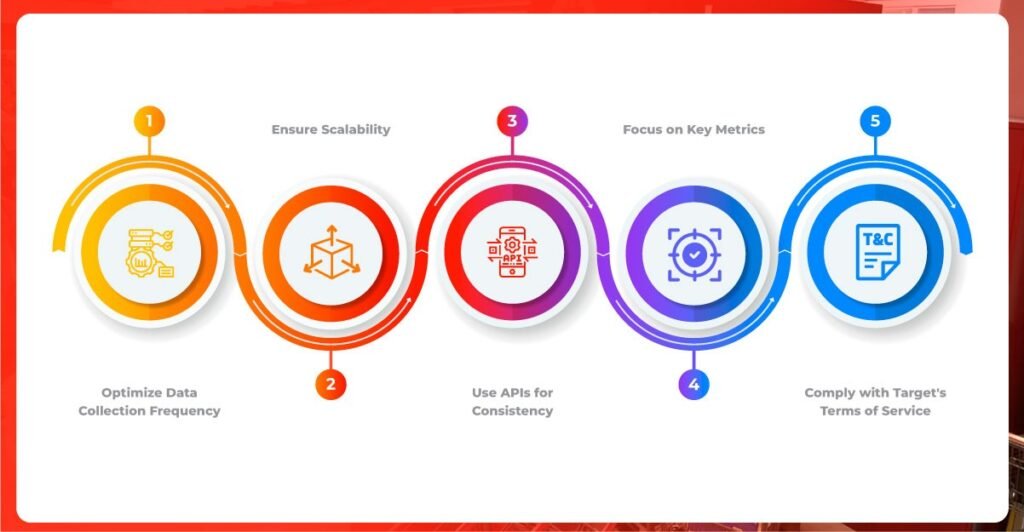
For enterprises aiming to fully leverage the advantages of scraping product data from Target, it is important to consider the following best practices:
- Optimize Data Collection Frequency: Excessive scraping can deplete resources and potentially result in blocks from Target’s website. Establishing a data collection schedule that harmonizes accuracy with website constraints is vital, enabling businesses to circumvent possible restrictions.
- Ensure Scalability: As organizations expand, their data requirements may grow. Implementing scalable scraping solutions allows businesses to broaden their data collection across diverse categories and products without sacrificing performance. Selecting a versatile eCommerce data scraping service can also facilitate adjustments to data extraction strategies over time.
- Use APIs for Consistency: A well-structured API for scraping Target’s product data offers a reliable method for accessing this information. APIs can support real-time data collection, allowing businesses to swiftly adapt to the latest product updates.
- Focus on Key Metrics: Recognizing critical metrics such as pricing, availability, and customer ratings enables businesses to eliminate unnecessary data and concentrate on insights that directly influence decision-making. This focused approach to gathering eCommerce product datasets ensures the relevance and applicability of the collected data.
- Comply with Target’s Terms of Service: It is essential to understand and adhere to Target’s terms of service regarding data usage. Certain eCommerce platforms may impose restrictions on data scraping, and non-compliance could lead to access bans or legal repercussions. Abiding by these guidelines can assist businesses in maintaining a sustainable data strategy.
Conclusion
In a rapidly evolving eCommerce landscape characterized by heightened competition, the extraction of product data from Target offers retailers invaluable insights that support the optimization of their strategies, the maintenance of competitive edge, and the enhancement of customer satisfaction. By harnessing Target product data scraping services, eCommerce companies can track pricing, identify trends, and make informed product decisions that align with the demands of the market.
While facing challenges like legal considerations and shifts in website structure, businesses can adeptly scrape data from Target by using adaptive tools, ensuring compliance with data privacy, and adhering to best practices. This enables retailers to stay aligned with Target’s pricing strategies, thereby ensuring the competitiveness of their offerings.
Experience superior web scraping and mobile application scraping solutions with A1 database Data Scraping. Our talented team is proficient in extracting a variety of data sets, including retail store locations and more. Get in touch with us today to discover how our personalized services can cater to your specific project needs, delivering exceptional efficiency and reliability for all your data requirements.
